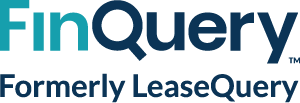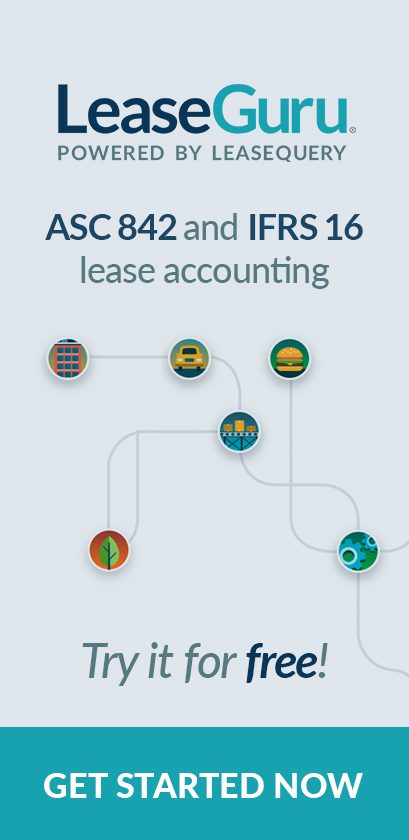To say that financial reporting regulations have changed in the past 20 years would be an understatement.
We’ve seen significant recommendations made by The Securities and Exchange Commission (SEC), the introduction of The International Financial Reporting Standard (IFRS), and major standard updates that impact non-profit entities, revenue recognition, leases, and credit loss.
Keeping up with these changes can feel like a marathon that never ends. But, there are internal changes you can make to stay ahead of the external pressures you face.
1. Reduce your dependence on Excel
Excel will always be a valuable component of any accountant’s toolbox. For many tasks, it’s quick, effective, and reliable. However, overconfidence in Excel creates risk.
The limitations of Excel are extensive: only one person can make a change at a time, there’s no way you can track changes, building spreadsheets is time-consuming… the list can go on and on. Plus, there are functions Excel doesn’t do, like storing files related to your financials, that you have to manage with your own processes.
For most of your critical projects, Excel simply isn’t enough. Invest in tools that streamline collaboration, are built to meet regulatory requirements, and ensure consistency across the enterprise.
2. Implement financial close management software to improve speed and accuracy
By expediting the financial close process, close management software can help businesses generate financial reports more quickly and accurately. Often marred by lack of communication and inefficient sets of procedures, accounting and finance teams regularly have to meet to establish each team member’s present status.
Implementing a software solution to help with the monthly closing process enables controllers to see where their accountants stand from a centralized dashboard while ensuring all accounts are tied out and reconciliations match the trial balance amounts.
Financial close management software provides a single source of truth for each team member’s status, which minimizes miscommunications and frees up time that would normally be spent on status updates.
3. Improve interdepartmental communication
When we talk to our customers, a common theme we hear is that the lease accounting transition has improved communication with their colleagues in other departments. Enhanced collaboration doesn’t have to be spurred on by accounting standards updates.
We often accept poor interdepartmental collaboration as status quo without considering that we can work proactively to improve it. Here’s a new way to look at it: think of your financial statements as the final product of an assembly line.
On an assembly line, each worker plays a critical part in creating the final product. When it comes to financial statements, Marketing, IT, and Real Estate departments contribute valuable components (or financial data), while the accounting department brings it all together to create a fully functional final product.
Even though everyone on the assembly line is focused on one aspect of the final product, the quality of their contribution is essential. Everyone should have a solid understanding of what’s expected of them and access to the resources they need to fulfill their obligations.
It’s up to you, as the keeper of the final product, to set those expectations, communicate when they’re not met, and help department leaders identify the resources their teams need to do their part effectively.
4. Invest in lease accounting software
In an October 2018 survey of accountants, more than 90% of respondents said they found implementing the new lease accounting standards to be at least somewhat difficult.
As calendar-year public companies tackle the processes, data, and controls they need to comply, many are finding that implementation of the new lease accounting standards is more legwork than they initially planned for.
Those who waited until the last minute are finding themselves up against tight implementation deadlines, scrambling to correct errors, and second-guessing their interpretations of the standards when they should be applying them.
All of these time crunch issues can affect the quality of your financial statements. Choosing and purchasing a lease accounting software solution well before the compliance deadline will enable you to identify and address these issues so you can feel confident that your first post-transition journal entries and reports are accurate and complete.
The trend towards better transparency in financial reporting will only continue. Accepting that the changes are here to stay and implementing the right tools and processes is critical to staying ahead of them.





